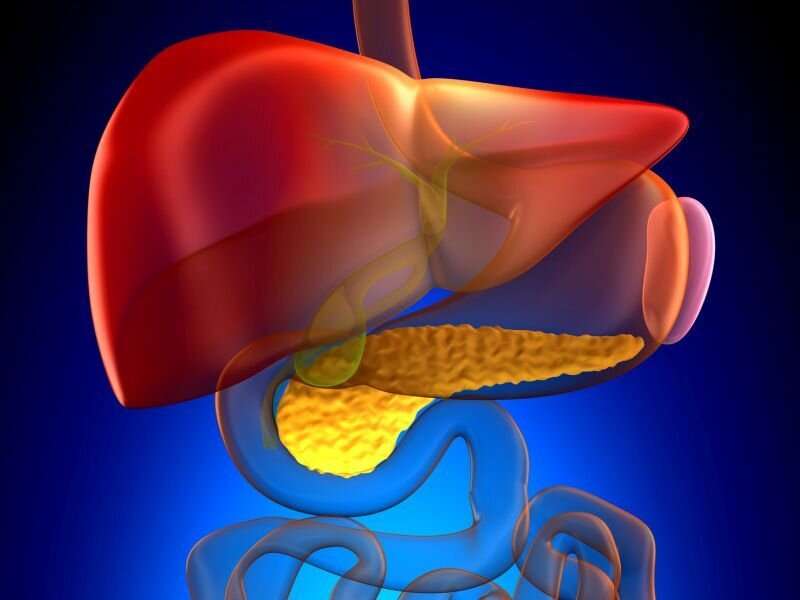
Use of glucagon-like peptide-1 receptor agonists (GLP-1 RAs) is associated with increased risks for gallbladder or biliary diseases, with a higher risk for GLP-1 RA use in weight loss, according to a review published online March 28 in JAMA Internal Medicine.
Liyun He, from the Peking Union Medical College Hospital in China, and colleagues conducted a systematic review of randomized controlled trials (RCTs) comparing the use of GLP-1 RA drugs with placebo or with non-GLP-1 RA drugs in adults to examine the association with gallbladder and biliary diseases. Data from 76 RCTs with 103,371 patients were included in the meta-analysis.
The researchers found that randomization to GLP-1 RA treatment among all included trials was associated with increased risks for gallbladder or biliary diseases (pooled relative risk [RR], 1.37), specifically cholelithiasis, cholecystitis, and biliary disease (RRs, 1.27, 1.36, and 1.55, respectively). GLP-1 RA use was associated with an elevated risk for gallbladder or biliary diseases in trials for weight loss (13 trials; RR, 2.29) and for type 2 diabetes and other diseases (63 trials; RR, 1.27). For all included trials, the risks for gallbladder or biliary diseases were higher with higher doses of GLP-1 RA use versus lower doses and for longer versus shorter duration of use.
“Physicians should be concerned about the increased risk of gallbladder or biliary disease associated with GLP-1 RA use, especially at the higher doses recommended for weight loss,” the authors write.

